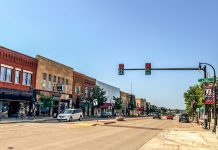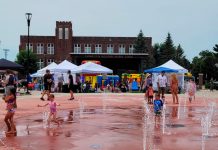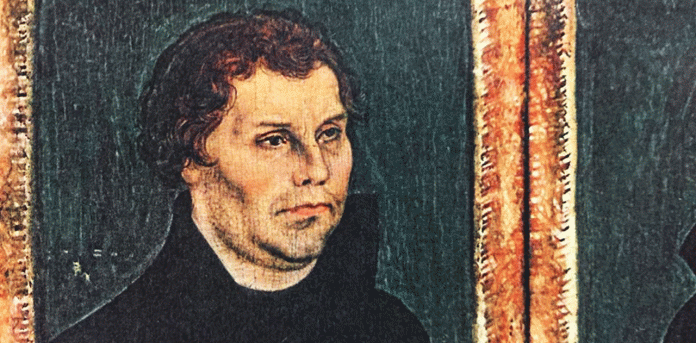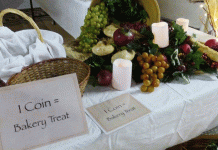Church Marks Event that Changed the World
Five hundred years ago, a young priest and theology professor named Martin Luther wrote a list of debating points about the religious doctrine of the Catholic Church, which he felt had strayed from Biblical teachings. Called the 95 Theses, the document went the sixteenth-century equivalent of viral, spreading quickly across Germany and shaking a world ripe for change.
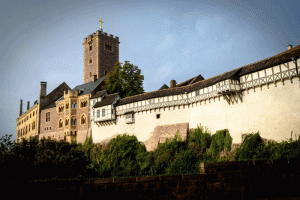
When the 95 Theses were posted to the door and copies sent out into the world, Luther did not intend to begin a revolution, only to reform the church and stop the practice of selling indulgences to “forgive” sins.
But the document set off a domino effect of change that went beyond the creation of a brand-new sect of Christianity. It would set the groundwork for religious freedom at the individual level, influence a band of Puritans to venture to a New World, and weaken the church as a political power. It would set off countless conflicts and social changes that have shaped the modern world.
Inspired by Luther’s nonviolent approach, a father would change his name and that of his son’s to Martin Luther King.
“We would live in a very different world if it weren’t for the Reformation,” said Pastor Daryn Bahn of Christ Lutheran Church in Marshfield.
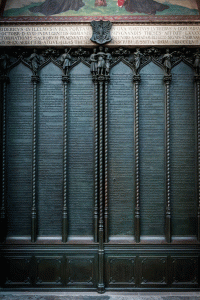
Bahn was able to travel to Germany for ten days this September to witness the historical sites of the Reformation, such as the places Luther preached, translated the New Testament into the language of the people at Wartburg Castle, and the door in Wittenberg where the 95 theses document was hung.
“You can see Luther’s impact on places,” he said. Seeing the sites allowed a better picture of everyday life and the human side of the Reformation.
“For me one of my favorite parts was the Augustinian monastery, because that was the least like a museum,” said Bahn. “The building is pretty much the same.”
The monastery, called the Lutherhaus, is the place where Luther had his theological breakthrough and spent much of his life with his family and students. Having spent half his life torn apart by worry over his eternal salvation, the realization that it was “by grace alone” that he was saved, rather than any good works he did, changed Luther forever.
Another important site Bahn visited was the Gutenberg Museum. The invention of the printing press is widely thought of as a major factor in the success of the Reformation as it allowed Luther’s ideas to spread faster and further than any previous reformer.
Today, the ideas of the Reformation can be found in modern thinking and morality. “Ideas like democracy really flow out of things like the Reformation…History itself would have been very different,” said Bahn. “Things like the idea of a dad being a good father to his kids really came about because of Luther.”
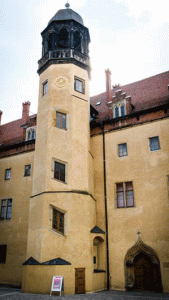
The Reformation would change the power dynamic between the church and the state. Henry VIII of England would break from the church to start his own, and commission a translation of the Bible to English.
“By changing the way that we approach Scripture, it changed the relationship between people who had power and people who didn’t have power,” said Bahn.
Christ Lutheran is celebrating the anniversary by inviting special guest “Martin Luther” to preach on Reformation Sunday. Over a hundred people also signed up for a German meal that day, with menu items like Schnitzel, sauerkraut, German potato salad, and a “Diet of Worms” dessert cake. While Luther hung his 95 Theses on October 31, 1517, the Reformation is officially celebrated on Sunday, October 29.


